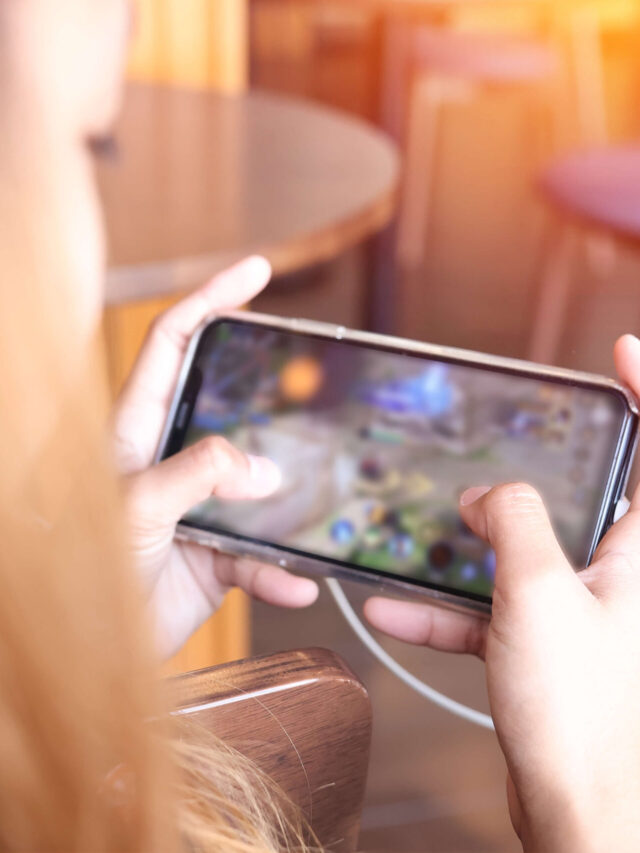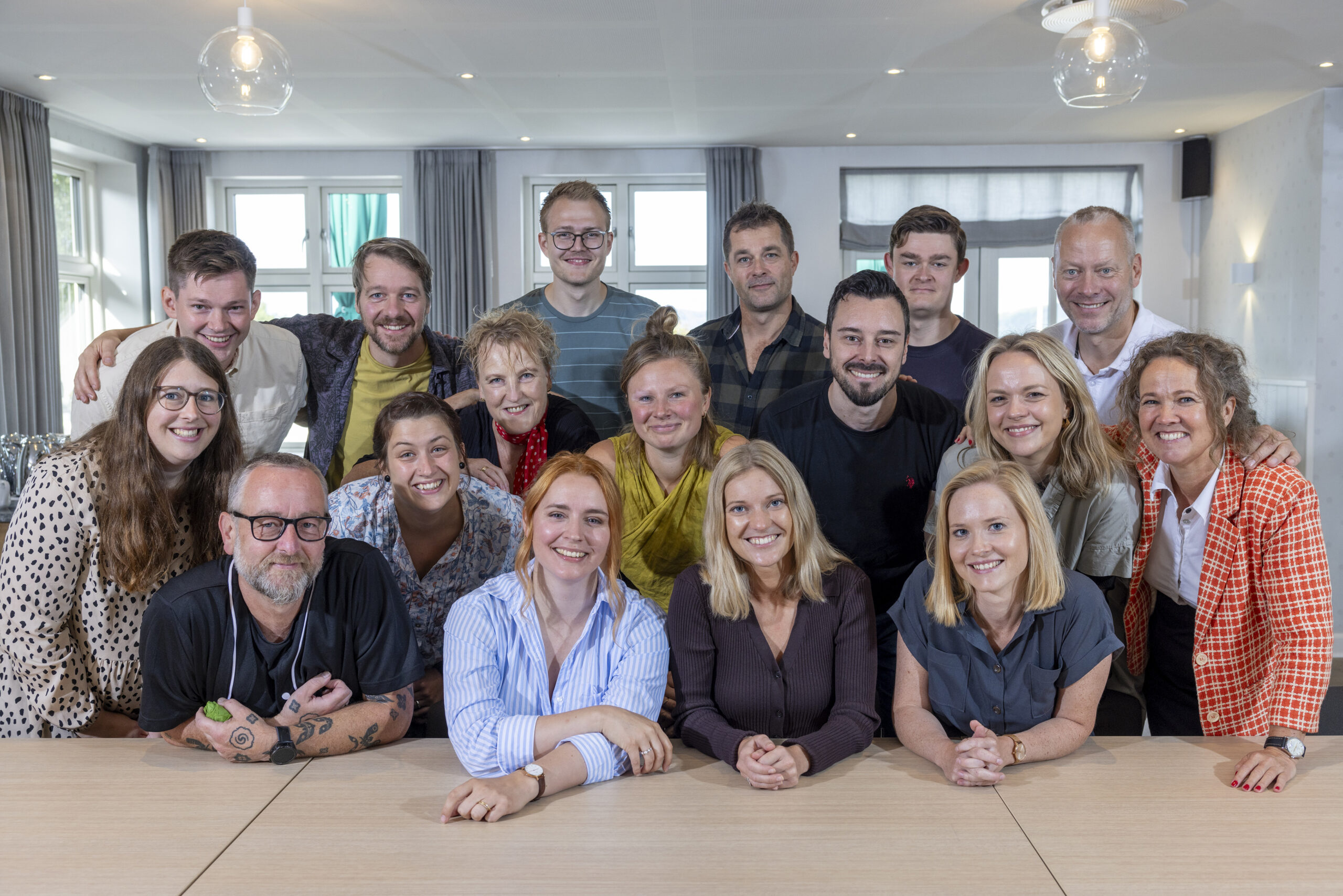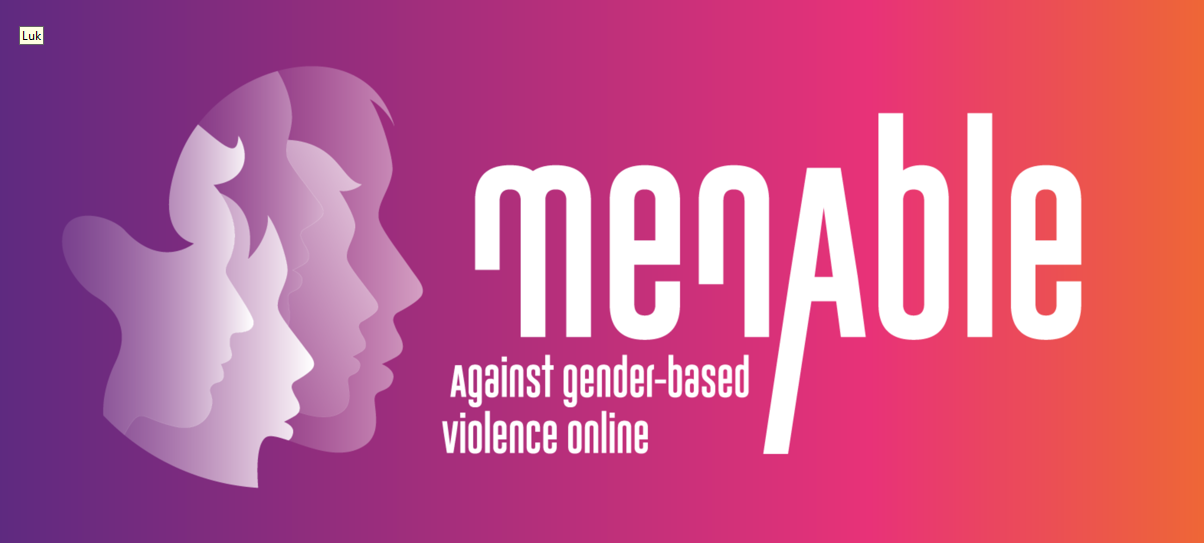Shallow Waters in the Skulls?
The philosopher Nicholas Carr has arrived in Denmark. Or rather, his views are being heard – latest in a broadcast on a Danish radio channel. His book `The Shallows – What the Internet Is Doing to Our Brains’ was published in June and has been the topic of discussion ever since, including in USA, where Carr is living.
The views resonates in many places, and it is worth asking the question of whether the new media are as positive as most people believe them to be – we have already asked the question here at CfDP. Carr chooses as starting point the known principle that our brains changes depending on what they are doing. If someone plays chess all their lives, their brains will keep track of thousands of possible future patterns on the board. If someone is rock climbing, it is almost as if their hands remember where the next hold is even if they are already looking further up, and there is no conscious though of it. More is happening in the back of our heads than we realise – and we are continuously specialising in using the tools to whatever tasks we are faced with.
And Carr believes that the internet, with Facebook, YouTube, and a constant stream of new, interesting sites to visit, trains especially the brains of the youngest generation to become worse.
By worse, Carr means worse at concentration. He might possible be right; especially children and young people are easily distracted by all the fun things. Just one more game, just one more YouTube video, just until this show is over… There is nothing new about distractions, and there is nothing new in parents, educators, and teachers having to take responsibility for limiting these when it is dinnertime, time for work, homework, etc. So far few, and certainly not I or CfDP – Centre for Digital Youth Care, disagree.
Dangerous Tools?
But Carr takes it one step further, and believes that the new digital distractions are even worse. The mobile phone is taken everywhere, Facebook is checked at any given opportunity, etc. It is not only time that is being spent, and which is fairly easy to limit as a responsible adult, it is the way we use the tools that are problematic.
`Over the years’, Carr writes, `I have had the unpleasant feeling that someone, or something, is tinkering with my brain, reprogramming the neurons, reprogramming the memory’. CfDP’s resident philosopher and project manager, Kristian Lund, could not agree more. He has felt the changes himself. When he is in need of a word, he googles it – sometimes Google finds it first, sometimes the grey matter in his skull is kickstarted in finding good search words and it wins the race. Kristian Lund can barely remember his own phone number if someone takes his mobile – but with it he can find his way to Rome on a bicycle and remember emails of everyone he has ever written to.
Young people growing up with the new media of today will end up with totally different brains and minds than we adults did. Just as the written language changed how we use our memory – no one remembers an entire Homeric heroic poem by heart anymore – the digital media changes our way of thought. And every time someone laments the lost; the perhaps first philospopher, Plato, was perhaps also the first to do exactly that, when the written language obtained became popular:
`…this invention… will create oblivion in those who must learn, for they will not use their own memory, they will rely on the signs outside of themselves and not remember by their own unaided efforts´.
But is that so bad? Lets us look at another technology that we have gotten used to; our wrist watches. No one can tell the time anymore, Plato would complain – a critic, following Carr’s way of thinking, would focus on the fact that we check our clocks obsessively; we become distracted and strange in the head by being dependent on knowing what time it is. Do we need to know? How much is it costing our brains to keep track of when we last looked?
Is the ´Water Level´ in the Skull the Most Important?
Another contemporary philosopher, Andy Clark, has a response ready to that criticism. He thinks that the watch is a part of our minds. There is constantly a little ping-pong back and forth between brain and watch – and it results in a fairly good sense of what time it is. The same is happening with the social tools – by texting ´’happening?´ to friends once in a while, checking Facebook, etc. the young people get a sense of where their friends are, how they are, and what the status of the friendship is. Some of this process happens on the computer, some on the phone, and some on Facebook’s servers – and some happens within the skull.
It is quite natural, and it happens all the time. We keep an eye on our neighbour in class, we notice the pitch of our fellow passengers in the bus. We receive thousands of signals all the time. Unconsciously and effectively they paint a picture of the world now. The brain cooperates all the time with thousands of sensory signals, which does not ruin thought but actively feeds it important information, consciously and unconsciously. Why should electronic signals be any different?
Even this blog post stems from something which appeared in Kristian Lund’s social streams; blogs, Facebook, and news papers lying around. Without counting or really thinking about it, he decided that Carr has arrived in Denmark. This is where the concentration starts and he checks his search history and bookmarks in his browser, his coworkers, and a little on Google – while he writes the Danish version of this blog post. It works satisfactorily.
Off course, we need to teach children and young people concentration, but we need not be scared that our and their consciousness drifts to several media in between and during work. We do not need people who can cite Homer or write one book from another book – we need a generation that can find new connections and collect new thoughts in the information stream. We are allowed to spread our consciousness out into the ether.
Carr and Clark’s two perhaps most important books on the subject.
]]>


Hvis du vil sætte et par ord på din tilbagemelding, vil det hjælpe os rigtig meget, til at kunne forbedre vores indhold.